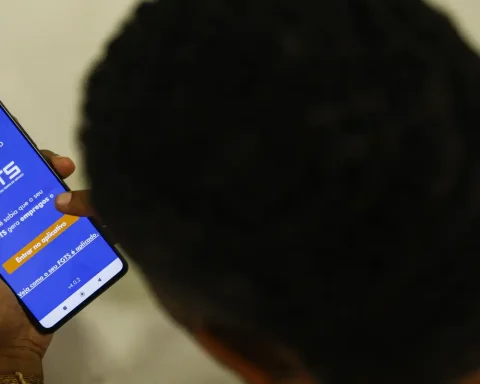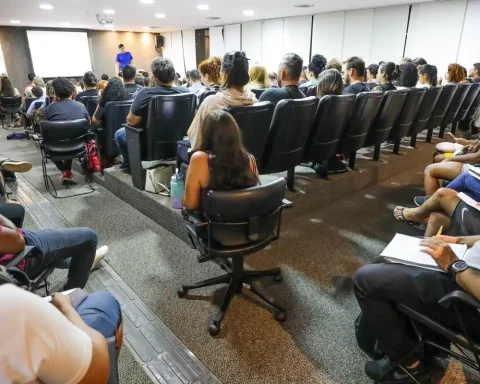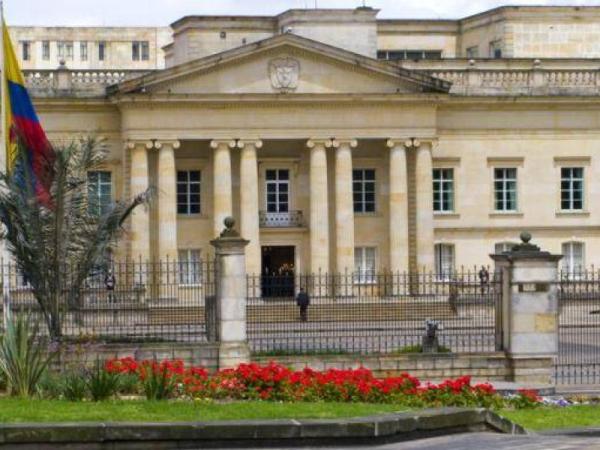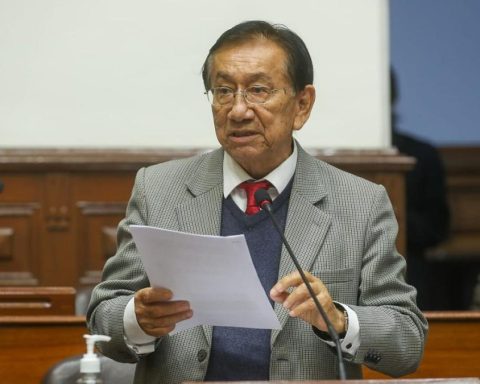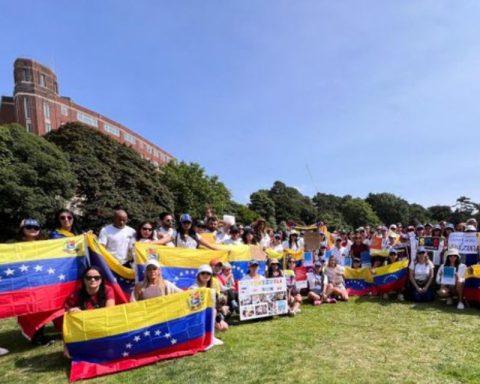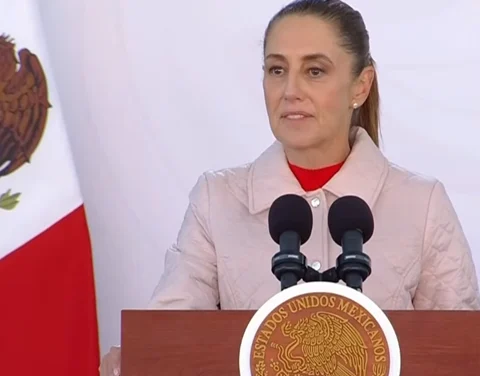The government of the state of São Paulo announced on Wednesday (18) that it has signed a contract with Motorola to purchase 12,000 body cameras for the Military Police. The purchase was criticized for including changes in the way the equipment is activated.
The model provided for in the contract signed today does not perform uninterrupted recording, meaning that the police officer or the corporation will activate the equipment whenever they wish, a point criticized by human rights organizations. According to the state Public Security Secretariat (SSP), this is compensated for by other features, such as automatic activation, via software, remotely by the PM Operations Center (Copom) and manual activation by the police officer himself.
The new contract will cost R$51.9 million per year, while the current tender costs R$96 million per year. According to the SSP, the new equipment will have features such as facial recognition, license plate recognition, improved connectivity, with the possibility of live broadcasting, among other innovations, which, for the department, is a modernization of the service currently in operation.
“The device has the technical capacity to integrate images with the Muralha Paulista Program, in addition to identifying fugitives from justice,” the entity’s note details. Critics of Muralha Paulista say that the program increases overt surveillance without clear criteria and reinforces prejudices in approaches.
The criteria for distributing the cameras will follow the protocol adopted by the Military Police, based on troops such as the Tobias de Aguiar Ostensive Patrols (Rota), Motorcycle Supported Patrols (Rocam) and other battalions and regions that have a greater number of incidents. These units were present in most of the Shield Operations, marked by the increase in police lethality rates, which began to grow again in the state in 2023 after two years of declines in the state.
Rules
According to the state government, the new contract will comply with the rules of the General Data Protection Law (LGPD) and the standards established in May of this year by the Ministry of Justice and Public Security. This adjustment was the reason for a meeting between Minister Luís Roberto Barroso and the state governor, Tarcísio de Freitas, in early June, behind closed doors, in Brasília. At the time, the São Paulo police changed the rules for recordings, requiring that all incidents be reported.
The notice was questioned in July, with allegations of favoritism towards Motorola. At the time, the SSP reported that it strictly complied with the provisions of the General Bidding Law and that the contest was monitored by external control bodies.


